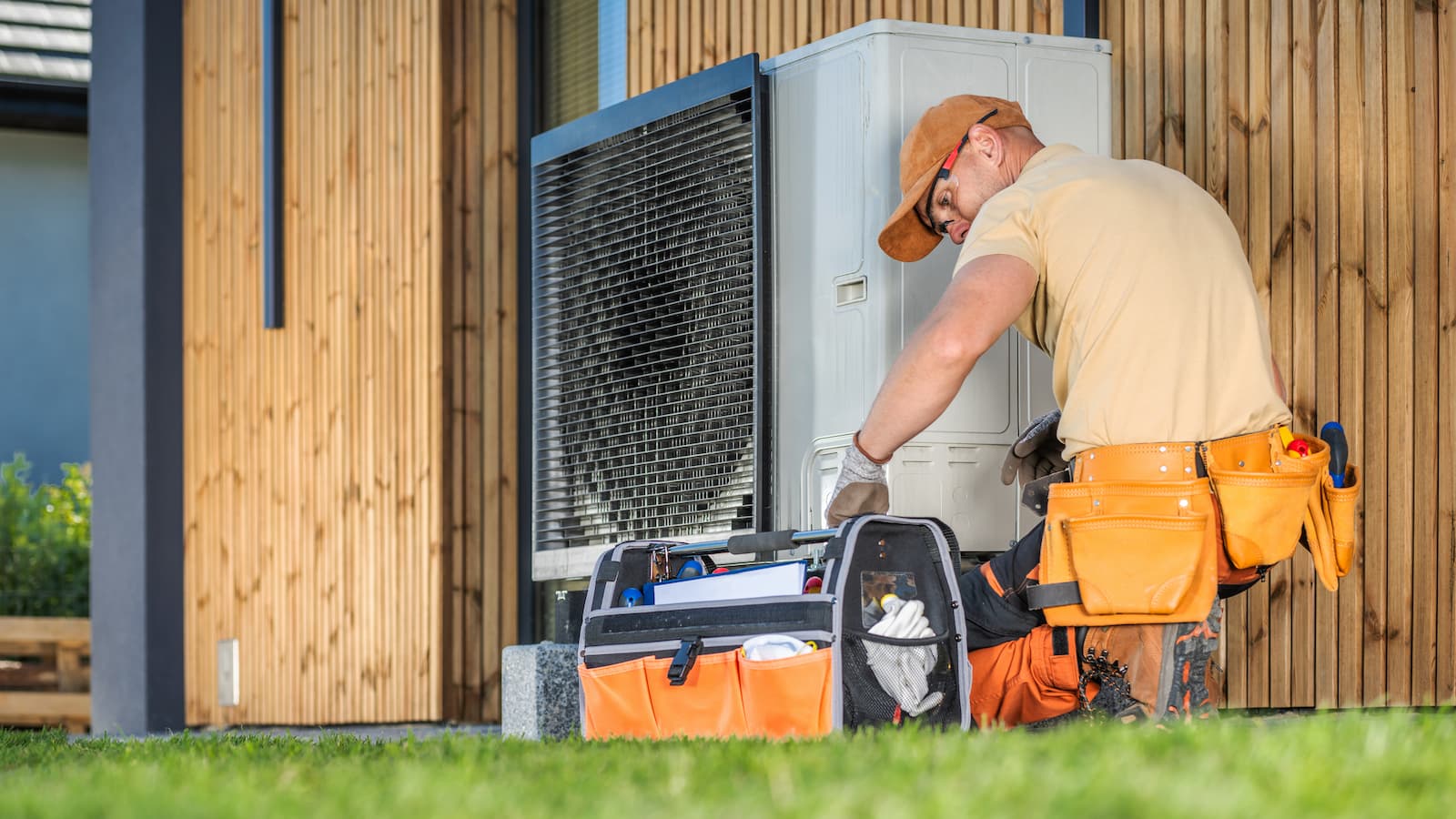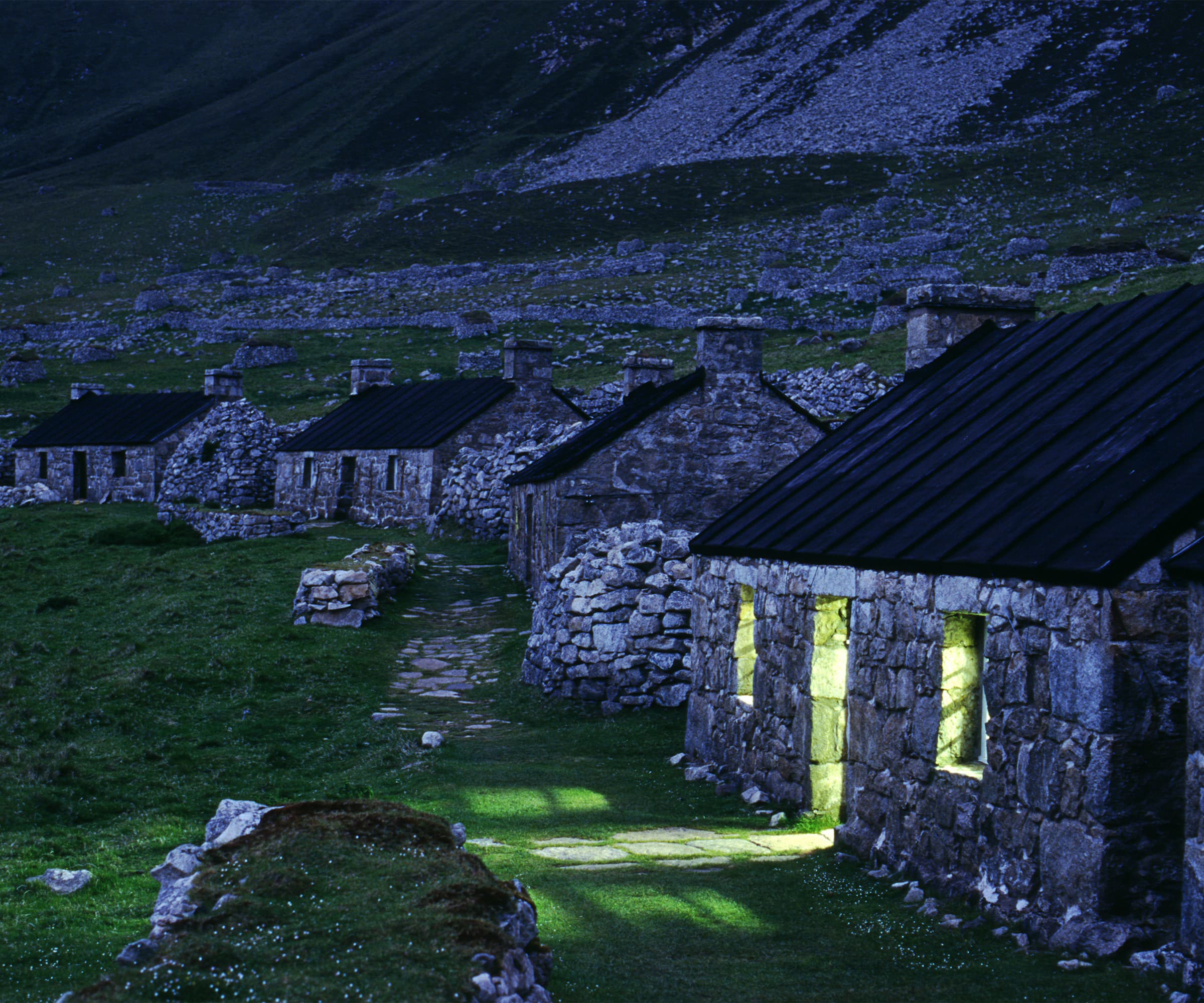Scotland poised for record heat pump installations — but why?
Rural regions have seen a significant uptake, with some areas seeing over 20% of homes installing heat pumps

Scotland is on track to break its record for annual heat pump installations, with rural regions seeing significant adoption rates of the renewable heating solution.
According to the latest figures from the Microgeneration Certification Scheme (MCS), heat pump installations in Scotland have increased by 34% in 2024 compared to the same period in 2023.
This article explores the reasons behind Scotland's significant rise in installations, particularly in rural areas.
Over 23,000 installations in 2024 so far
As of October 2024, more than 5,000 MCS-certified heat pumps have been installed in Scotland, with the year expected to close with unprecedented figures.
In total, Scotland has completed over 23,000 renewable energy installations this year, pushing the all-time total to 230,000 MCS-certified installations. Nationwide, about 9% of Scottish households now feature certified renewable installations.
This includes not just heat pumps but also solar PV and battery storage systems, marking a significant step towards Scotland’s ambitious goal of achieving net-zero emissions by 2045.
Why are heat pump installations rising in Scotland?

A major factor driving this uptake is the financial support provided by schemes like the Home Energy Scotland (HES) Grant and Loan, which is similar to the Boiler Upgrade Scheme.
Get the Homebuilding & Renovating Newsletter
Bring your dream home to life with expert advice, how to guides and design inspiration. Sign up for our newsletter and get two free tickets to a Homebuilding & Renovating Show near you.
Under this scheme, homeowners can receive up to £7,500 to cover the cost of installing a heat pump, with rural homes qualifying for an increased amount of £9,000.
These heat pump grants have made renewable heating solutions more accessible, particularly in rural areas.
Some of the most impressive adoption rates have been recorded in remote regions. For instance, in Na h-Eileanan Siar, over 20% of households now have a certified heat pump, followed by the Orkney Islands at nearly 15%, and Argyll and Bute at just under 9%.
In contrast, urban areas like Aberdeen have much lower rates of installations (13 installations per 10,000 households).
'It’s particularly good to see the islands and rural areas making the switch to renewable heating'
Heat pumps are playing a critical role in Scotland’s strategy for meeting its net-zero target by 2045, given their importance in reducing household emissions.
Ian Rippin, CEO of MCS, said: “Our data shows that a growing number of homeowners across Scotland are investing in heat pumps, which are one of the most efficient heating solutions for homes and are a vital part of Scotland’s plans to reach net zero by 2045.
“Government incentives, such as the HES grant and loan, make the switch to greener and cleaner energy more accessible and affordable whilst ensuring the quality of their renewable installation."
Claire Daly, head of policy and advocacy at WWF Scotland, echoed this sentiment, stating: “It’s particularly good to see the islands and rural areas making the switch to renewable heating. This progress is essential for tackling fuel poverty and reducing carbon pollution from fossil fuel heating.”

News Editor Joseph has previously written for Today’s Media and Chambers & Partners, focusing on news for conveyancers and industry professionals. Joseph has just started his own self build project, building his own home on his family’s farm with planning permission for a timber frame, three-bedroom house in a one-acre field. The foundation work has already begun and he hopes to have the home built in the next year. Prior to this he renovated his family's home as well as doing several DIY projects, including installing a shower, building sheds, and livestock fences and shelters for the farm’s animals. Outside of homebuilding, Joseph loves rugby and has written for Rugby World, the world’s largest rugby magazine.
